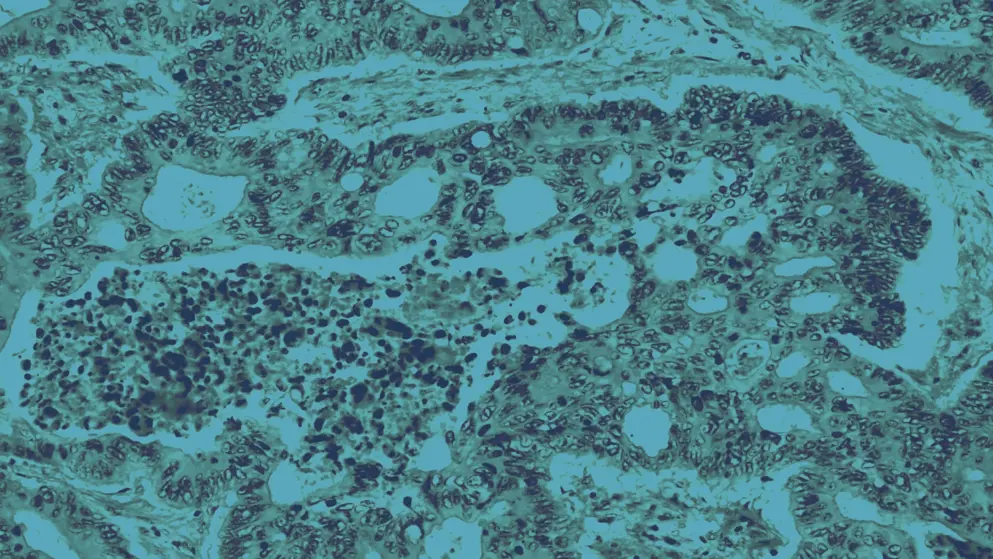
Colorectal cancer
of interest
are looking at
saved
next event
Colorectal cancer (CRC) is the third most common cancer worldwide and the second leading cause of cancer-related deaths. While screening has helped reduce incidence in older adults, CRC increasingly affects people under 50 − often diagnosed at later stages. Healthcare professionals face challenges including delayed detection, limited curative options in metastatic disease, and the need for personalized care that considers genetic risk, treatment burden, and long-term treatment effects, particularly for younger patients.
What are the most common risk factors for colorectal cancer?
CRC risk stems from both modifiable and non-modifiable factors. Modifiable risks include obesity, physical inactivity, diets high in red and processed meats, alcohol, smoking, and type 2 diabetes. Non-modifiable risks include family history, hereditary syndromes (e.g., Lynch syndrome, familial adenomatous polyposis), and inflammatory bowel disease.
How does delayed colorectal cancer diagnosis affect outcomes in younger patients?
Younger patients often present with stage 3 or 4 disease due to low clinical suspicion, limited access to diagnostic workup, and lack of symptom awareness. This delay can significantly impact prognosis and treatment options.
How does molecular profiling guide treatment decisions in colorectal cancer?
Molecular profiling identifies biomarkers that predict treatment response. For example, RAS wild-type tumors may respond to epidermal growth factor receptor (EGFR)-targeted therapy, while patients with high microsatellite instability (MSI-high) or mismatch repair–deficient tumors often benefit from immunotherapy. Profiling also helps avoid ineffective treatments.
What role does precision medicine play in colorectal cancer management?
Precision medicine enables molecular stratification to guide therapy. Testing for KRAS, NRAS, BRAF and mismatch repair status informs the use of targeted agents and immunotherapy. However, many patients lack actionable mutations, limiting the reach of personalized approaches.
Developed by EPG Health for Medthority, independently of any sponsor.

